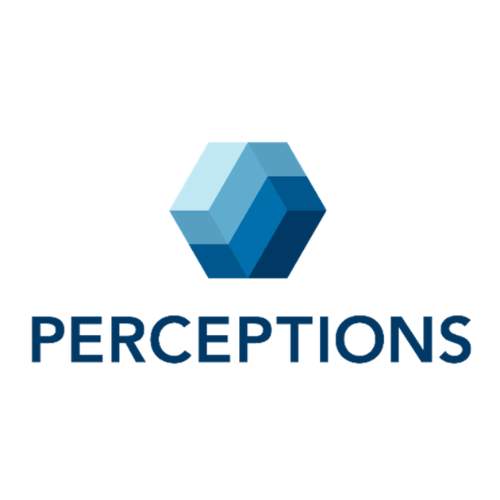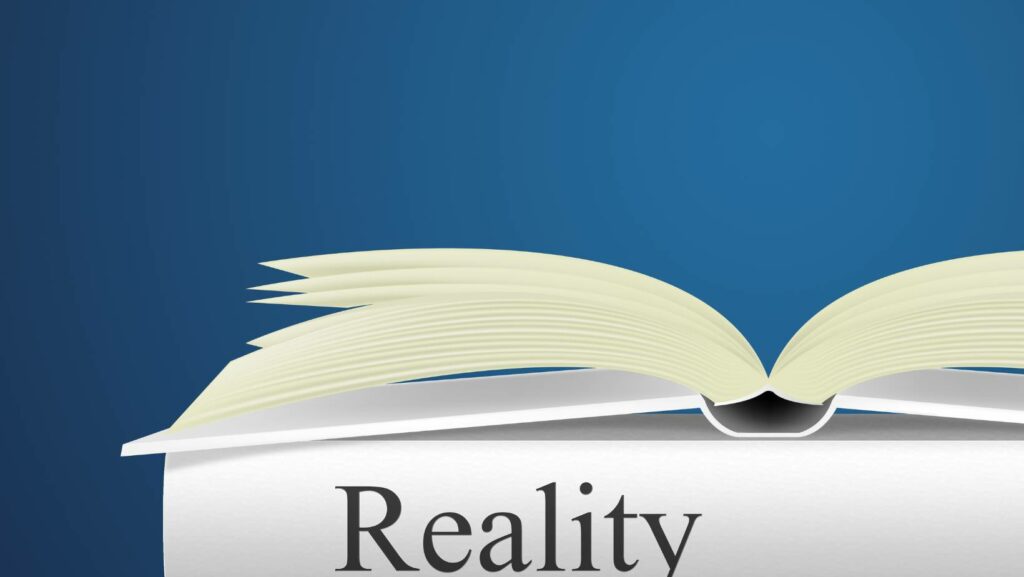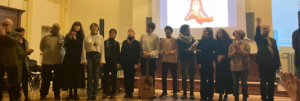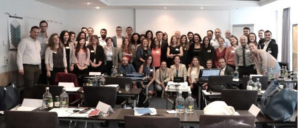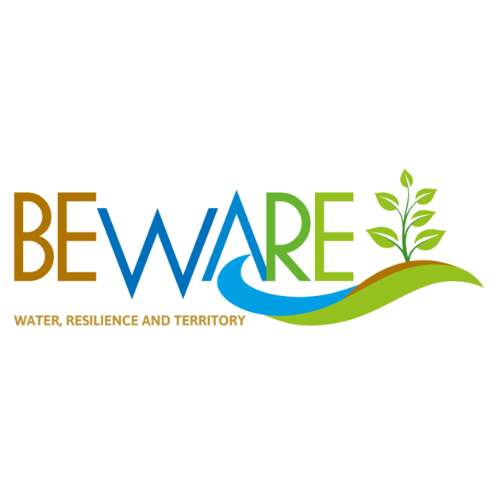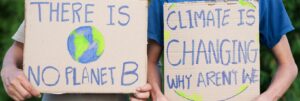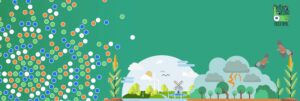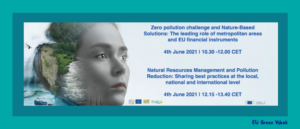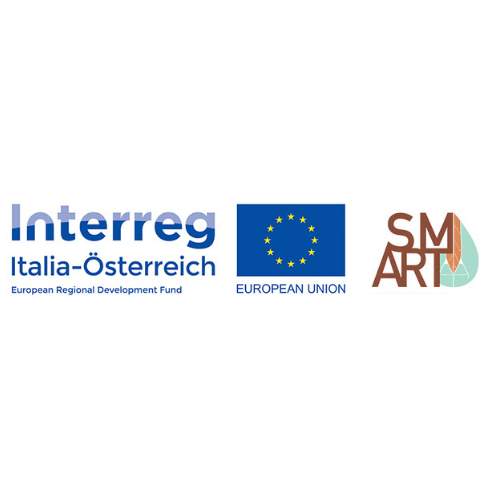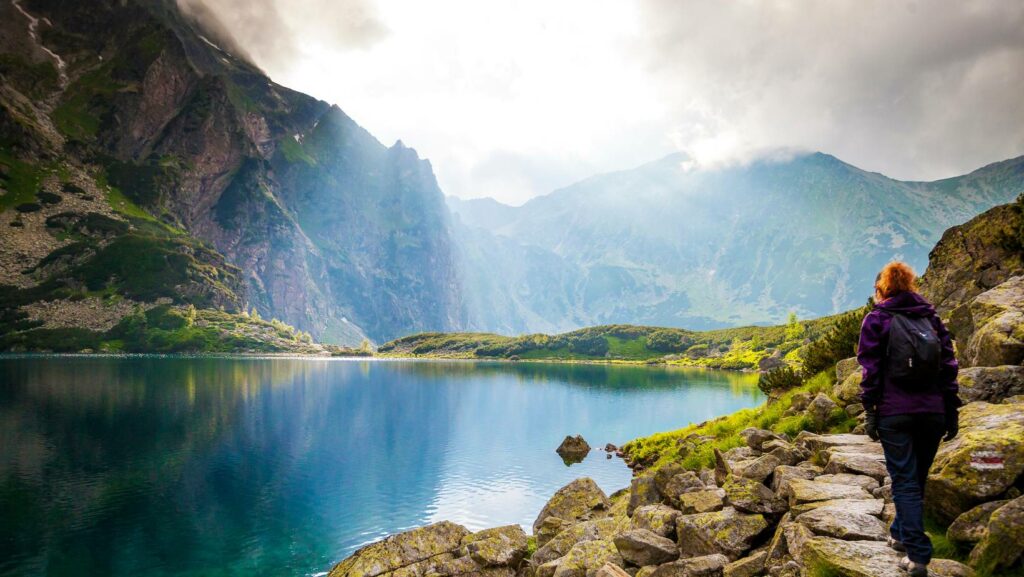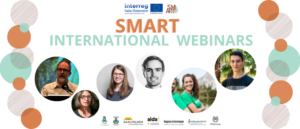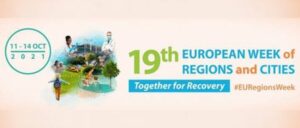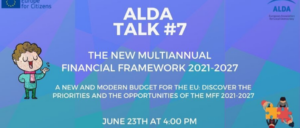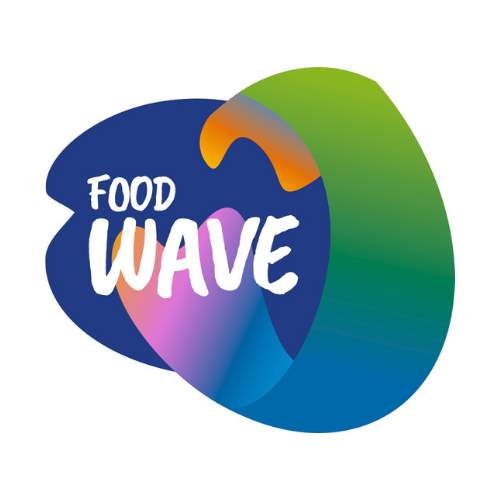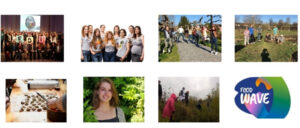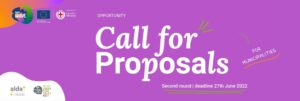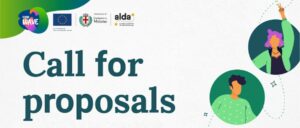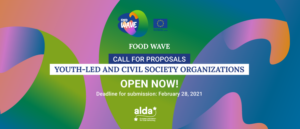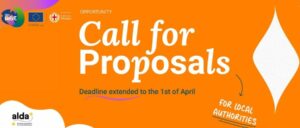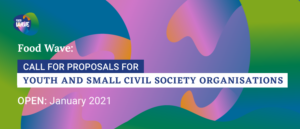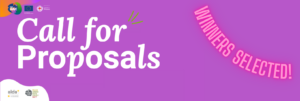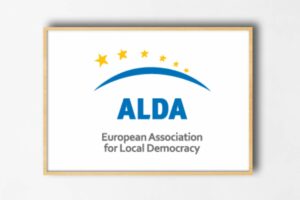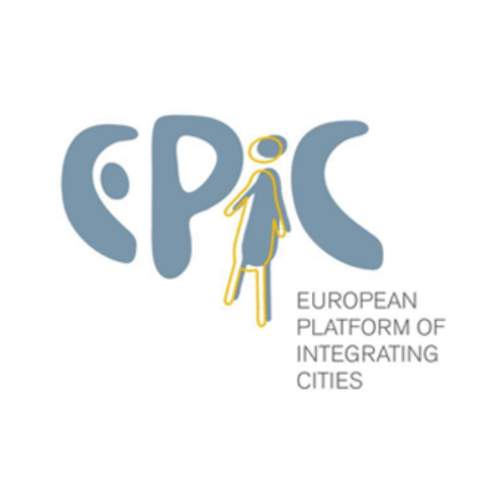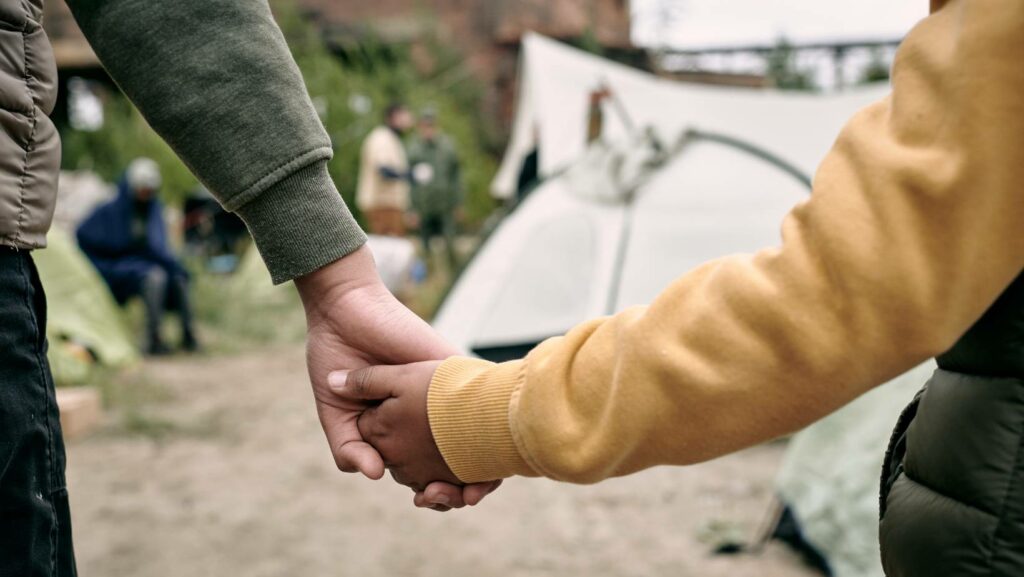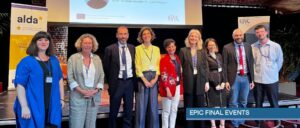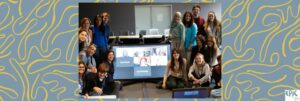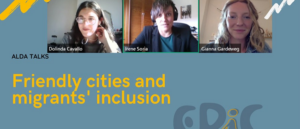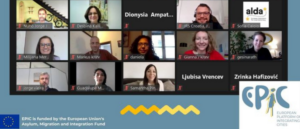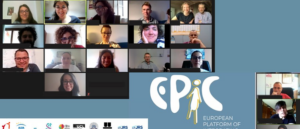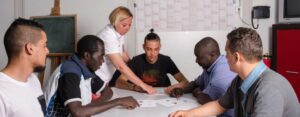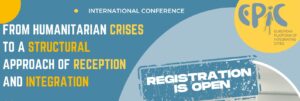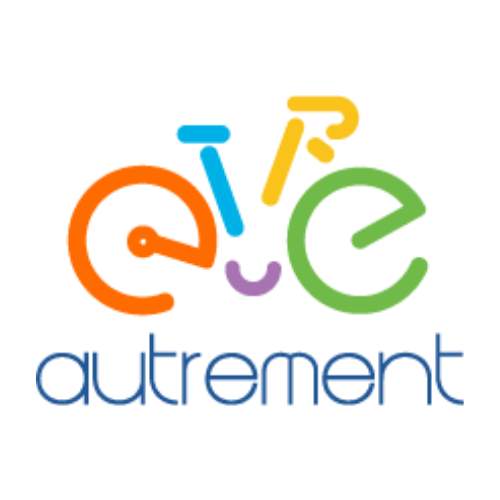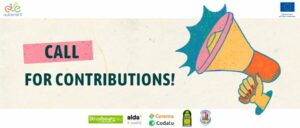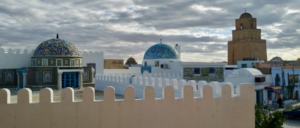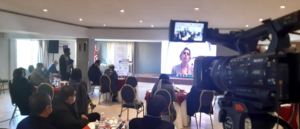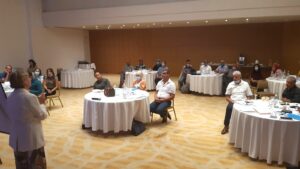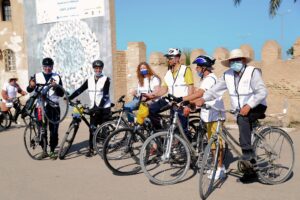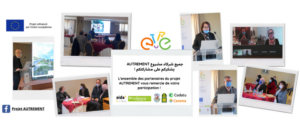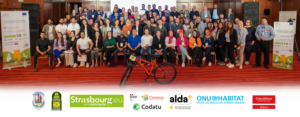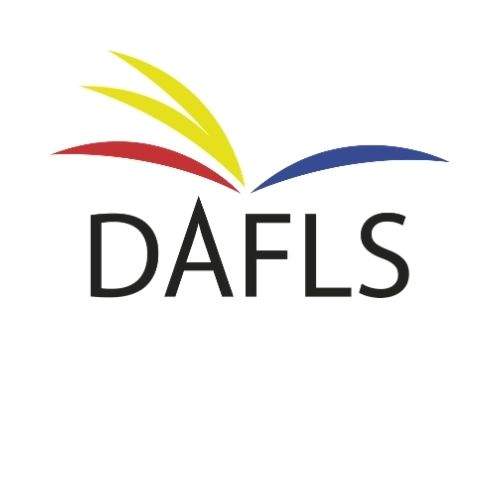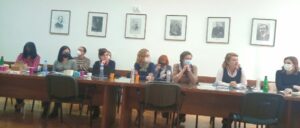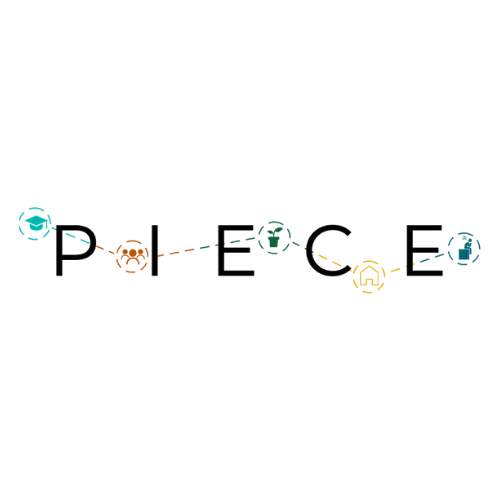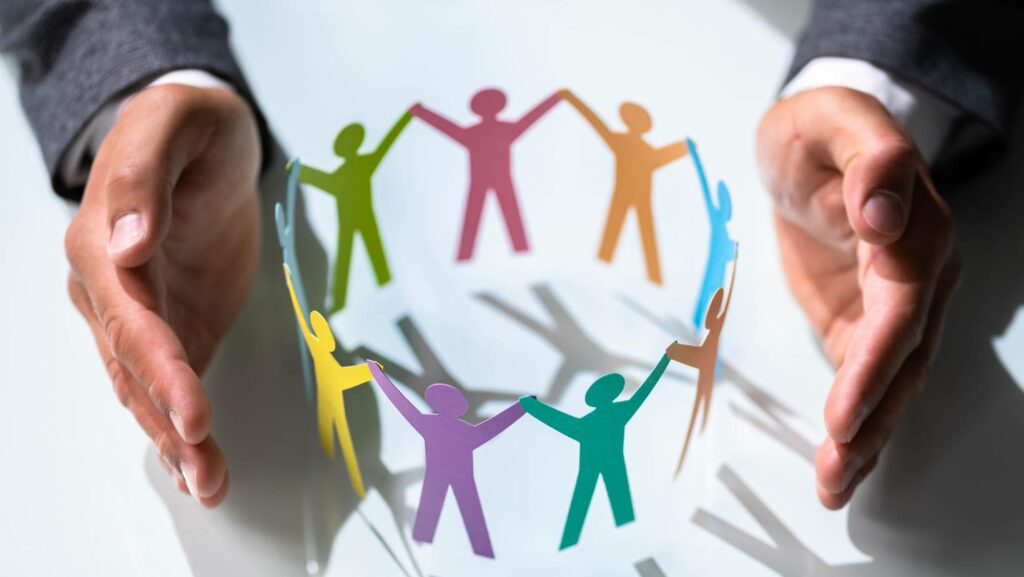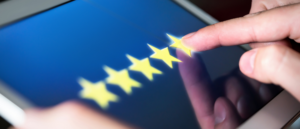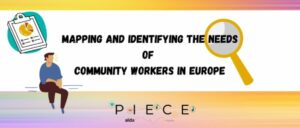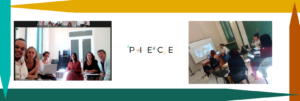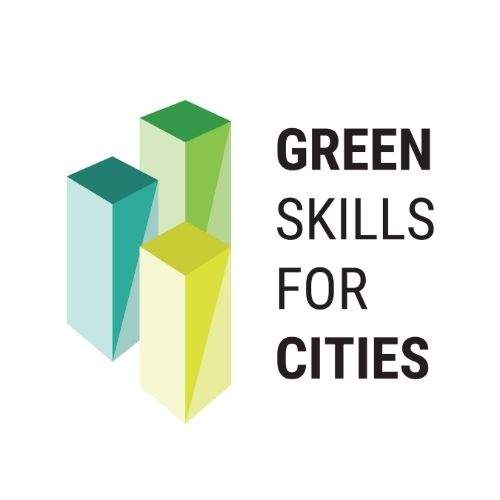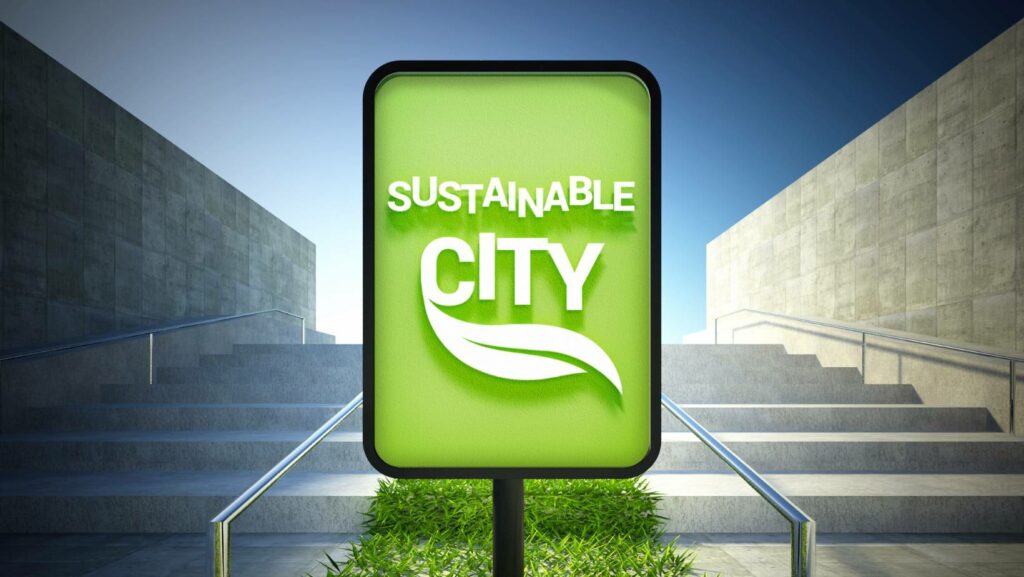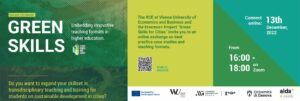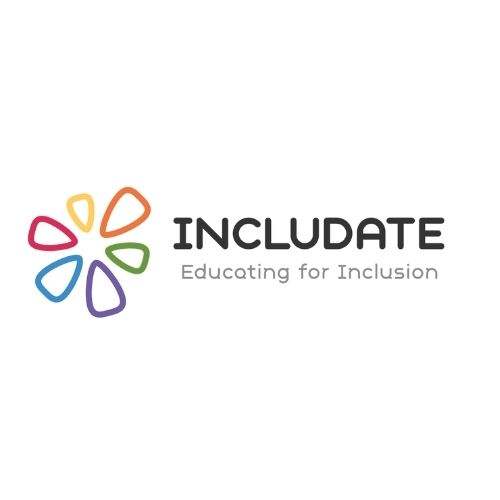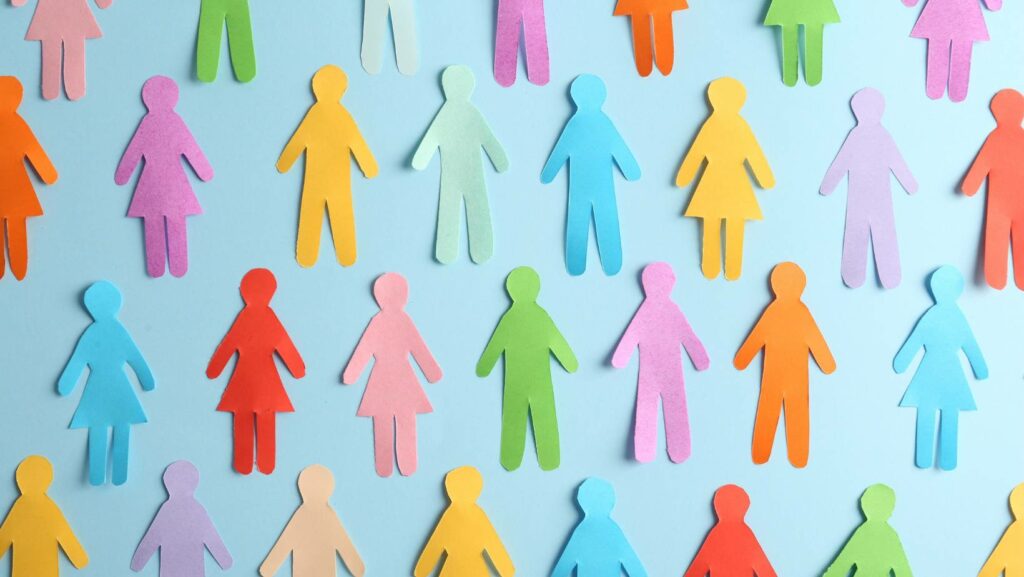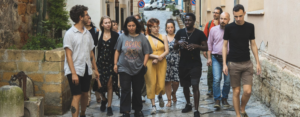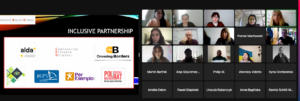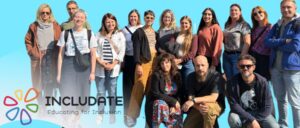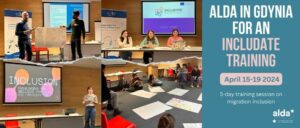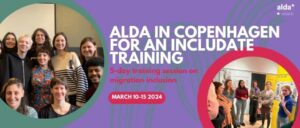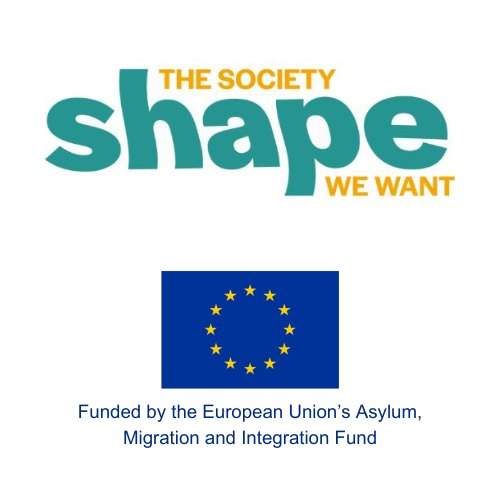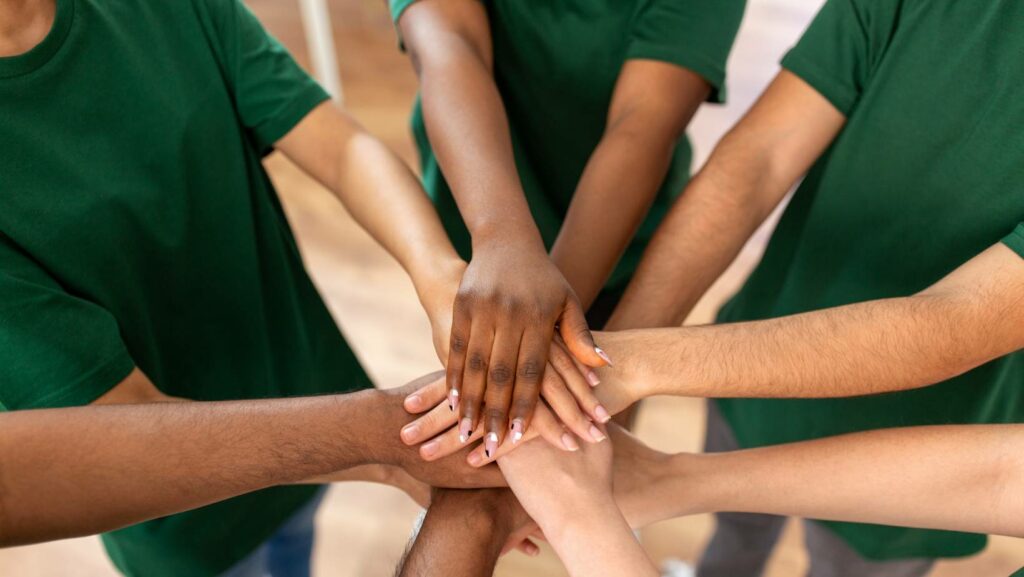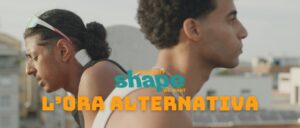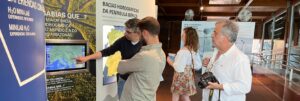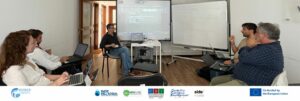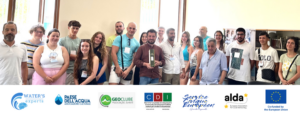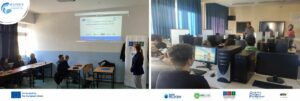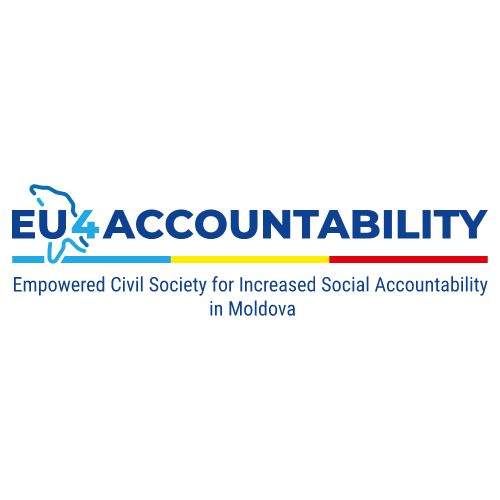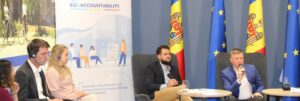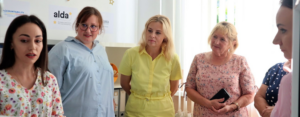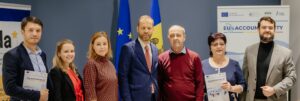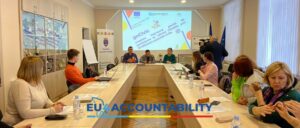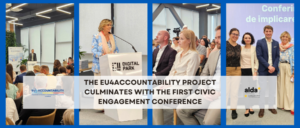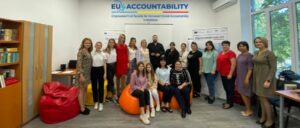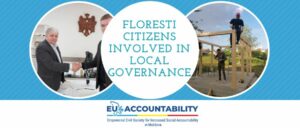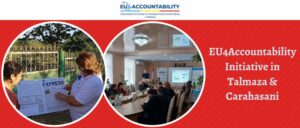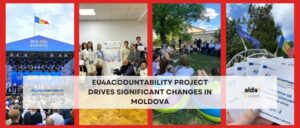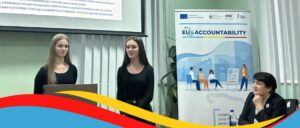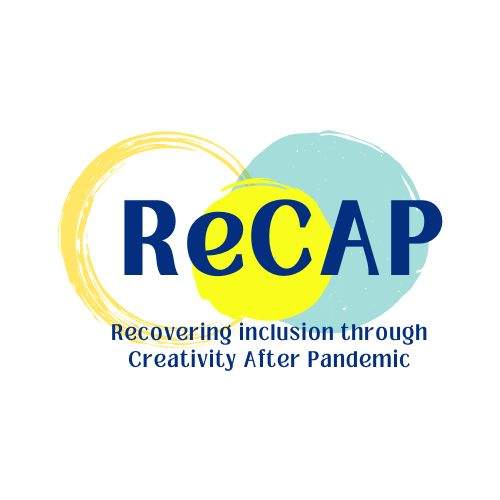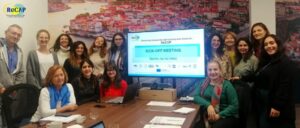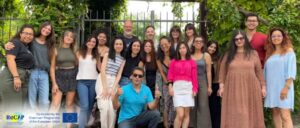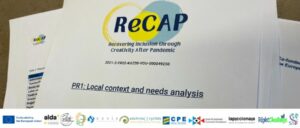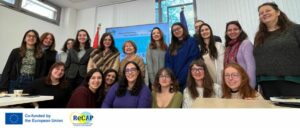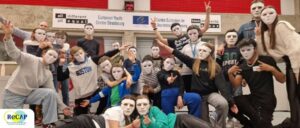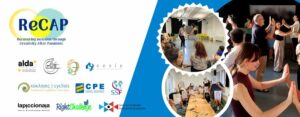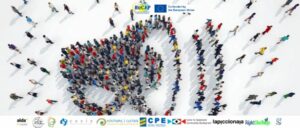In her 2023 Debate on the State of the Union 2023 (#SOTEU), the President of the European Commission, Mrs. Ursula von der Leyen outlined a compelling vision for Europe’s future, emphasising the critical role of youth in shaping the future of the European Union. As we eagerly approach the upcoming elections, the message resonates deeply with millions of first-time voters who are preparing to cast their ballots.
The Youth Perspective
Among those preparing to vote are millions of young Europeans who were born in the aftermath of the 2008 financial crisis. These individuals, as they head to the polls, are contemplating the pressing issues that matter most to them: the conflicts at Europe’s borders, the devastating impact of climate change, the implications of artificial intelligence, and their prospects for housing and employment.
The European Union, as President von der Leyen highlighted, has always been a beacon of hope and progress, built on the idea that nations, democracies, and people can unite to create a better future. This same vision of a brighter future is shared by the youth of today, who are determined to confront the uncertainties of the world. They believe, as their predecessors did after World War II, that Europe must once again answer the call of history.
To realise this vision, President von der Leyen stressed the importance of earning the trust of Europeans and addressing their aspirations and concerns. Over the 300 days, the EU will embark on an ambitious transformation journey, with the European Parliament playing a pivotal role.
Climate change
The European Green Deal, at the heart of this transformation, stands as a testament to Europe’s commitment to environmental sustainability. President von der Leyen recognised the critical role of industry in the European Green Deal. ALDA aligns with this vision by supporting local initiatives that promote green and sustainable practices, ensuring a just transition for all. ALDA’s Environment & Climate (E&C) Themartic Hub has been actively engaged in supporting the Green Deal’s objectives, facilitating local democracy and citizen participation in green initiatives.
Empowering Women and Promoting Gender Equity
Another crucial aspect of the EU’s progress highlighted by President von der Leyen is its groundbreaking work on gender equality, mentioning the Women on Boards Directive and the historic accession of the EU to the Istanbul Convention. ALDA’s Thematic Hub on Gender, Inclusion, and Human Rights for women’s rights aligns with the EU’s commitment to ensuring equal pay for equal work and combating violence against women.
The Parliament’s support for proposals to combat violence against women, including the principle that “no means no,” reflects the dedication to fostering true equality.
During the State of the Union 2023, President von der Leyen emphasised the power of a bold and united Europe
Throughout the speech, President von der Leyen also emphasized the power of a bold and united Europe . Despite facing challenges such as a global pandemic and conflicts at Europe’s doorstep, the EU has made remarkable strides. Key achievements include the historic Next Generation EU investment and reform package, efforts to strengthen the health union, and initiatives to enhance European independence in critical sectors.
President von der Leyen also shared a poignant story that underlines the gravity of the situation in Ukraine. A young Ukrainian mother’s journey to find refuge in Europe, escaping the advancing Russian tanks, encapsulates the human tolerance of this conflict. Her tears di lei at the border checkpoint, as she explained to her child that they were finally “home” in Europe, underline the profound trust within the European community.
As we stand in solidarity with Ukraine, it is essential to recognize the unwavering commitment of the European Union. The EU has provided refuge to four million Ukrainians, ensuring access to housing, healthcare, and employment opportunities. The proposal to extend temporary protection to Ukrainians in the EU reflects our dedication to providing a safe place.
ALDA continues its commitment to Ukraine and its people. With the Flagship Initiative in Ukraine , the Association aims to open seven new Local Democracy Agencies in the country, in addition to the already existing ones in Mariupol and Dnipro, as instruments of peace and cohesion, in order to help Ukrainians to rebuild the country and ensure a just and peaceful future for all.
With ALDA’s commitment to good governance, citizen participation, and sustainability, we are poised to support their initiatives and work alongside local authorities to create positive change.
Europe’s diversity, represented by its multitude of languages, arts, and cuisines, is a source of pride and strength. Together, as a united and forward-thinking continent, we can address the challenges of today and build a brighter, more prosperous future for all.
You can read President von der Leyen’s speech here .
***
🇦🇲 Read the news in Armenian
🇬🇪 Read the news in Georgian
🇷🇴 Read the news in Romanian
🇺🇦 Read the news in Ukrainian
